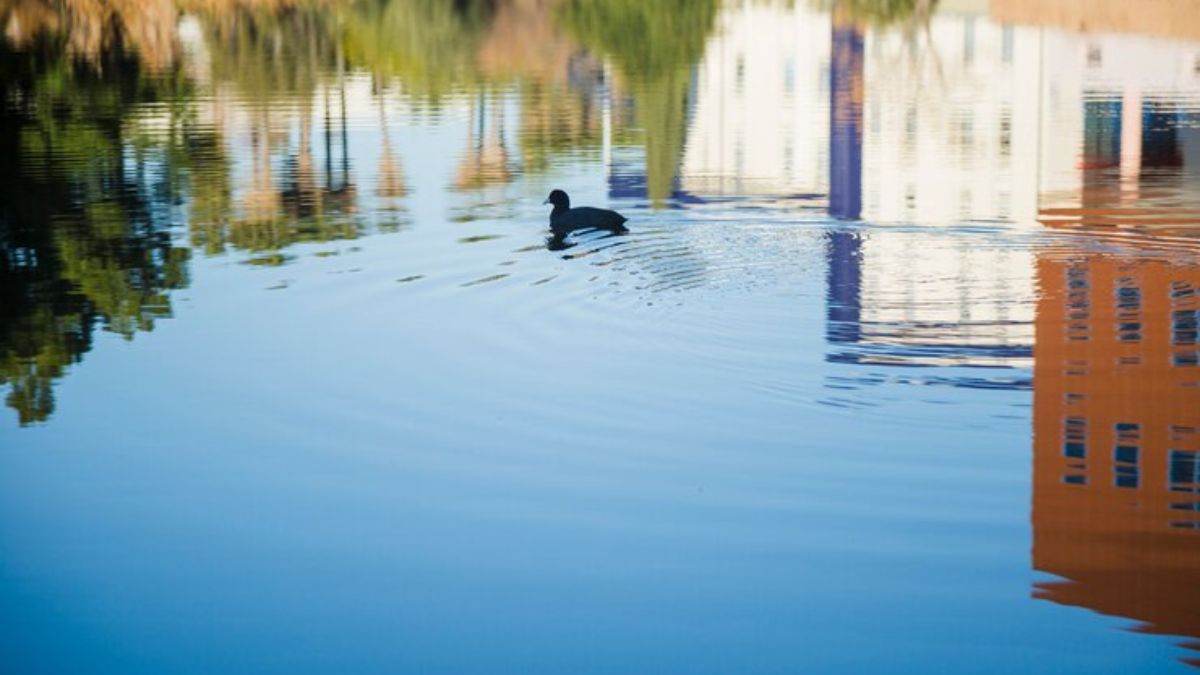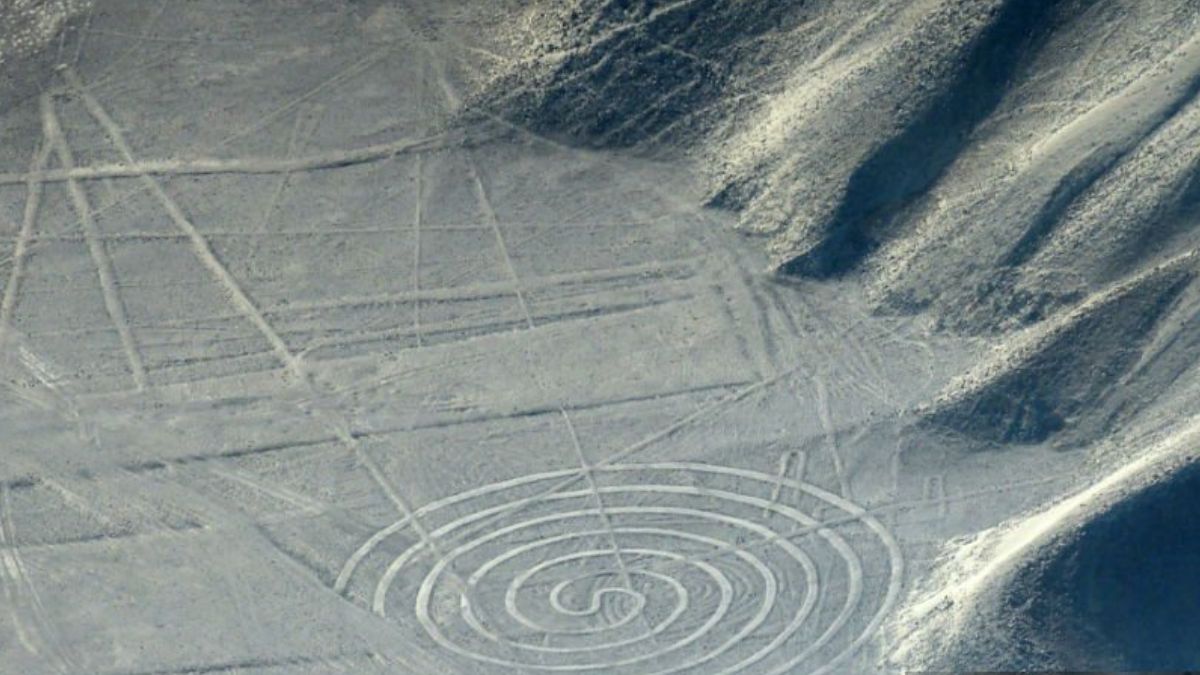The ideal combination of cerebral challenge and relaxation, crossword puzzles have long been a popular hobby. Crossword puzzle solvers find hints pertaining to Water Movers Crossword Clue among the countless clues they encounter. From the most obvious to the most cryptic, these hints force solvers to consider both natural and man-made factors. Read on as we explore the many varieties of water movers seen in crossword puzzles, as well as the hints that might lead you to their discovery.
Types of Water Movers
Natural Water Movers
- Rivers: “Mississippi, for one” is a common five-letter clue that most commonly leads to the word “RIVER.” Whether they empty into the ocean, a sea, or another river, rivers are naturally occurring waterways.
With five letters, - Tides: “rising and falling water” usually becomes “TIDES.” Sea levels naturally rise and fall due to the gravitational attraction of the sun and moon, a phenomenon known as tides.
Water Transport Systems Involving Humans
Human-Made Water Movers:
- Pumps: “PUMP” might stand for “Device for moving water” with four letters. A mechanical device that uses suction or pressure to transfer fluids, especially water, is called a pump.
When you put the six letters - Canals: “man-made waterway” into a word processor, you usually get “CANAL.” To facilitate the transportation of ships and other watercraft inland or to supply water for agricultural purposes, man-made canals have been built.
Ships in Solitude:
Marine Vessels:
- “SHIP.” Ships are substantial vessels fashioned for transportation on the high seas.
Regarding boats, “Small watercraft” (which consists of four letters) might be spelled - “BOAT.” There is a wide variety of smaller watercraft that may be called boats, from rowboats to motorboats.
Features of the Environment and the Physical Landscape.For those who are interested in waterfalls, the clue “Steep fall of water” (9 letters) may be used to form the word
Environmental and Geographical Features:
- WATERFALL: The term “waterfall” is used to describe the phenomenon when a river or stream runs over a very steep incline or a vertical drop.
- Streams: In the context of streams, the word “small flowing body of water” (consisting of six characters) becomes “STREAM.” A stream is a minor body of moving water, typically somewhat shallow.
Crafting Clues for Water Movers
You need to be both creative and precise when you make crossword clues for water movers. Here are a few instances of deceptive clues used on various water movers:
- RIVER:
The term “flowing waterway” consists of only five letters.
“Bank robber’s getaway route” (5 letters) in cryptic code.
- PUMP:
Plain and simple: “Water mover” (a word with only four letters).
Symbol: “Heart’s action when exercising” (the use of four letters).
- CANAL:
A brief definition: “man-made watercourse” (consisting of five letters).
In code: “Artificial passage for boats” (5 letters).
- SHIP:
A straightforward definition would be “ocean vessel” (consisting of only four letters).
Code: “Transport vehicle that’s docked” (4 letters).
The Challenge and Joy of Solving
The combination of a love of language with an understanding for the built and natural worlds is what makes completing a water mover-related crossword puzzle so enjoyable for many crossword puzzle fans. Navigating rivers, waterfalls, and ships inside a grid is the goal of each hint, which acts as a mini-journey. Like creating a splash in the world of crosswords, the thrill of discovering the correct answer is like successfully navigating a difficult canal.
Conclusion
There is a wealth of information available for Water Movers Crossword Clue, whether they are man-made or occur naturally. To answer them, solvers need to use their understanding of language, mechanics, and geography, which provides a rewarding mix of learning and mental activity. Think about how much planning and imagination went into solving water mover clues the next time you see one. I hope you like solving these!











